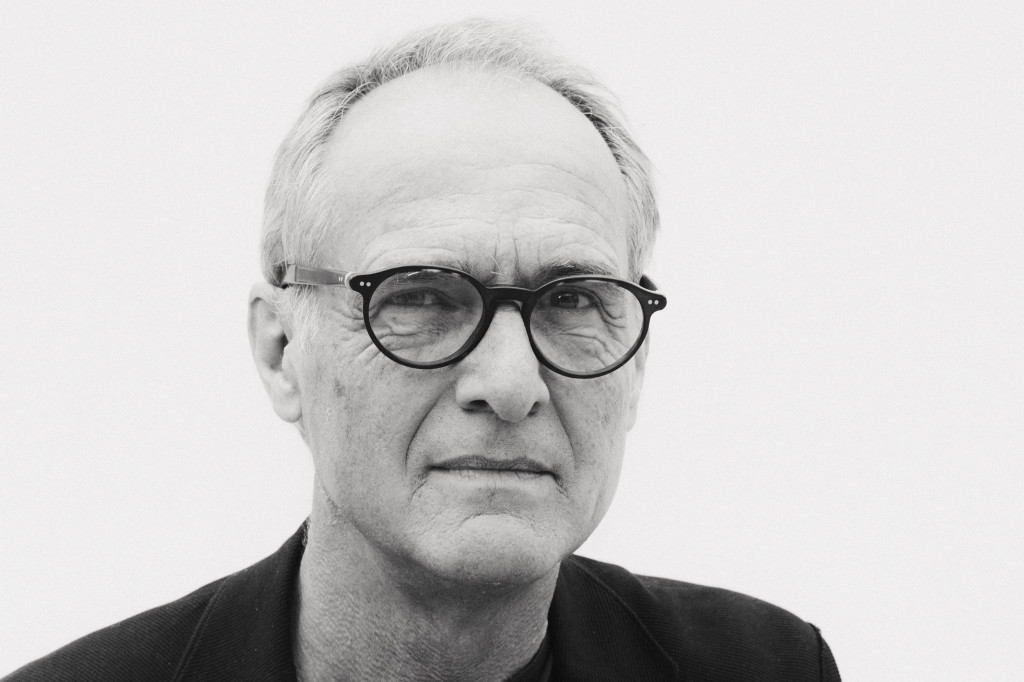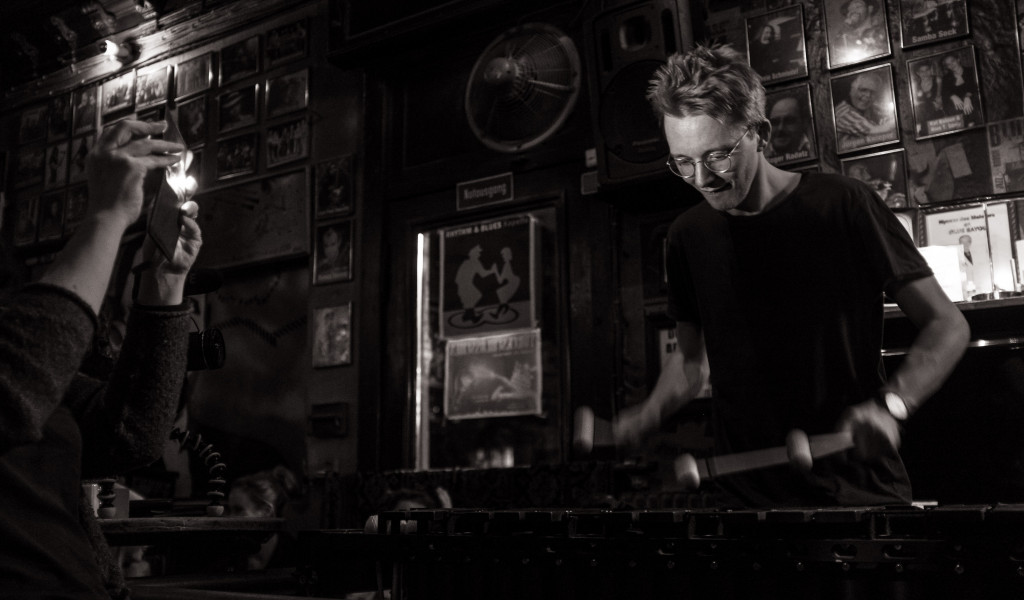
MARCH 2022
Dear friends of the HfMT,
We are shocked and helpless in the face of the cruel war and the immeasurable suffering of the people in Ukraine.
"Let's not stop building bridges," says University President Elmar Lampson. "Culture, as we understand it, is an expression of peace. As a cultural institution, we are powerless in the face of violence and war. Our strength is a differentiated view, vigilance against propaganda and lies, the attempt to understand and build bridges and the will to help where we can. In our artistic and scientific work, we are committed to individual people, regardless of their origin and nationality."
We present our upcoming events to you with great humility.
In our artistic work, we affirm the values of respectful and diverse coexistence at all times, vehemently and with every fiber of our being.
Your HfMT
JEWISH MUSIC IN HAMBURG

The villa on the Alster, into which the music academy moved in 1959, belonged to the Jewish couple Henry and Emma Budge from 1903 to 1937. In 1938, Karl Kaufmann, Gauleiter of the NSDAP and Reich Governor of the City of Hamburg, moved in here and exercised his reign of terror as Gestapo chief until 1945.
For composer and musicologist Reinhard David Flender, the International Conference on Jewish Music in Hamburg, which he initiated, closes a circle that opened 50 years ago when he began his studies at the HfMT: "It is important to me that the tragic history of this architectural jewel is never forgotten. The conference is an attempt to reconnect the threads of Jewish music history that were lost during the Nazi era. This includes researching the musical and cultural history of Jews in Hamburg before and after the Second World War."
During his years of study in Israel, Reinhard Flender immersed himself deeply in Jewish culture and society. During his studies, he connected with Oriental and European Jews and experienced an ancient culture that fascinated him through exchange and encounters with their music and customs, which turned him into an artistic researcher in the best sense of the word.
During the conference, the speakers from Hamburg, Weimar, Paris, Jerusalem and Haifa will examine the synagogue music of the Portuguese-Jewish community as well as the Rolf Liebermann era and finally discuss questions of cultural identity and adaptation in a panel. Flender: "Jewish music, which I see as a sounding ethic, is a fascinating field of research, as it is about a centuries-long struggle for humanity and survival."
International Conference of Jewish Music in Hamburg from March 1-3
digital and in English.
CURTAIN UP FOR THE MALLET COMMUNITY

Three days of pure vibraphone enthusiasm up and down await us as part of the Wolfgang Schlüter Symposium, which we are celebrating as a tribute to the great vibraphone player and university professor with three concert evenings in the JazzHall.
One of the evenings belongs to Hauke Renken, mallet player from Berlin.
"What I love most about mallet instruments is the community that comes with them. We're somehow all in the same boat (always bringing this piece of furniture to concerts and - if you're not actually playing the xylophone - explaining that you don't play a xylophone), so you network very quickly among mallet players, support each other and exchange ideas."
As part of his Master's degree at the HfMT, Hauke appreciates the freedom to choose his own teachers. "That's a real luxury. I have had and continue to have lessons with musicians that I can tailor so perfectly to my needs - that's really unique about this Dr. Langner Jazz Master."
For the opening evening on 18 March, Hauke has invited Jake Chapman as his favorite artist-in-residence, whom he appreciates for his masterful playing paired with humor. In addition to the vibraphone, the marimba, xylophone and glockenspiel will be used to complete the Mallet family.
DO YOU KNOW WHO YOU ARE?

In the music theater THE MEDIUM - a monodrama for mezzo-soprano solo by Peter Maxwell Davies, we observe a single person on stage who deals with the various versions and states, characters and facets of herself in almost unbearable ambiguity, confronting us as an audience with the probing questions about the true self.
Daniela Victoria Kiesewetter chose the play for her final production as a music theater director and describes the intensive work with just one character as both challenging and rewarding: "I love losing myself in characters. To be able to concentrate on one character, to empathize with their story and to listen to them. First of all, you have to believe them. To allow them to believe that everything they say is true, at least for them. Building a relationship with the character is important.
I try to read a lot, to get to know the story, the background to the emotions. But above all to listen: How does she sing something? What does the music say, what does it move in me? And how can I empathize with a singer scenically? I always try to find body languages for the individual states that form a reflection of her singing and the text. The more time you have for a character, the more intensive it is, even in practical collaboration with a singer. In this respect, I find small casts, even a "one-woman show" incredibly exciting."
Davies himself describes THE MEDIUM as more demanding and extreme than anything he had written before. The great soprano and HfMT alumna Constanze Hosemann has been recruited for the HfMT version.
WAS SONST NOCH LÄUFT
Wir freuen uns auf ihren Besuch!
FOLGEN SIE UNS!



